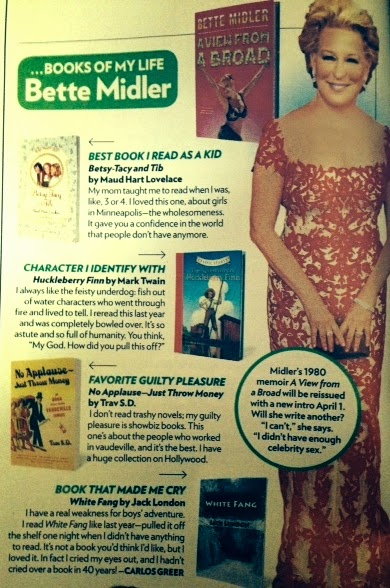I had the incredible pleasure of hearing the 2015 Newberry Award winner, Kwame Alexander, speak at the winter SCBWI (Society of Children's Book Writers and Illustrators) conference. His book, The Crossover, is masterful. Its written in verse (free verse, rap, some rhyme). You should read it, no matter how old you are. It is transcendent.
Tran.scen.dent, adj., "existing apart from and not subject to the limitations of the material universe."
As in: this transcendent novel floats a few feet above what anyone else can do. As in: the way I feel, having just finished it, is transcendent. As in: I can only aspire to lift my readers to a transcendent level.
First, let me say that Kwame is the consummate storyteller, even when standing at the front of a room. Everything he says is well crafted, unexpected, entertaining and illuminating. What a skill.
His talk was about another transcendent issue; getting diversity into children's books. And his instruction was simple. Live a diverse life. He used his book to illustrate. Reading aloud several passages, he asked if the protagonist was black or white. Many people had firm opinions, though of course the answer is that it doesn't matter. It is about the reader.
A teacher called him in a panic to ask whether the protagonist was black or white, because the kids would want to know. Kwame told her they wouldn't ask, but if they did, to let him know. They didn't. Kwame visited a school in Ohio. Only two percent of the students were "of color." When he got there, the members of the basketball team each recited a piece from the book. They didn't care or ask -- they were the protagonist, each and every one of them.
At the end of the day, Kwame says, kids don't have a problem with diversity. We do. The grownups. We've got to get out of their way and stop confusing the issue. Time for some transcendence.




